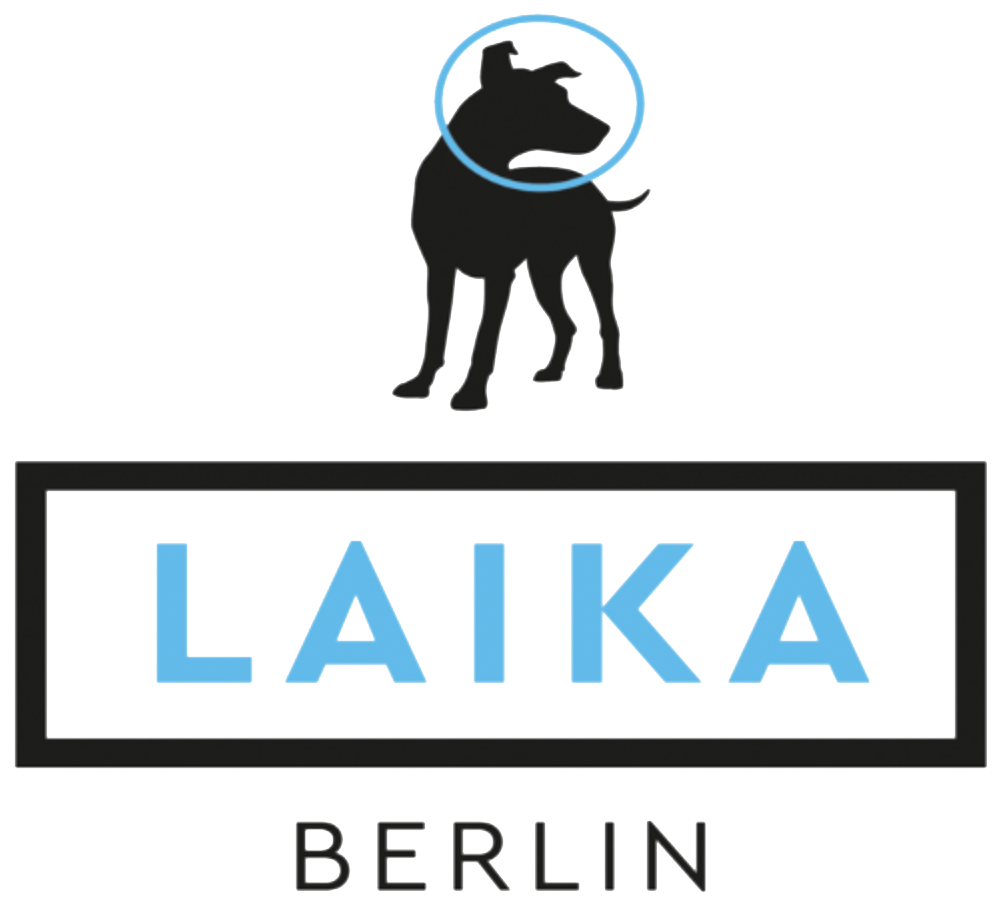THE REAR VIEW MIRROR: The most important thing I wish I had known years ago: Worry rarely helps
By David Josephs
JD: You don’t seem alarmed.
RA: Would it help?
Remember the film? James Donovan to Rudolf Abel. Need another clue? Tom Hanks to Mark Rylance.
It’s from the 2015 film Bridge of Spies, much of which is set in Berlin. It’s a great film by the way—but then again aren’t all Tom Hanks films great films?
But as ever, I digress. The point I am making is this: What good did worrying ever do? This is the single most important thing I wish I had known 35 years ago, when I began my career.
Of course, it is naïve to expect to be carefree all of the time. If you care about your job, you will take it seriously, and from time to time, that care will take the form of worry. But we have to keep those worries in check, because unnecessary or exaggerated worry is disabling. It doesn’t help, and it often hinders.
That time I worried myself into a state
One particular moment springs to mind for me. Back in the 1990s, I was working for Citigate Technology, and at the moment I am describing, I was an account manager handling the agency’s largest client.
Securing regular coverage in the top IT press was one of our key challenges, and on the Thursday morning in question, I was waiting for that week’s copy of Computer Weekly to be delivered to our office. I realize this will sound like a reference to medieval times to some readers—‘waiting for Computer Weekly to be delivered’?
I had been working hard to secure coverage for my client in a relevant feature in that edition, so I flicked through the magazine enthusiastically to read the feature. And when I found it… disaster! Absolutely no coverage for my client. Although this was 25 years ago, I can still remember how my heart raced, and saying to myself, or perhaps even out loud: “At least you tried your best.”
Still, this felt like a catastrophe at the time, and I worried myself into a state. But, guess what… it wasn’t a catastrophe. I think we worked with this particular client for about five more years. They knew we achieved great profiles for them week in, and week out. They knew we were great strategic advisors. They knew we tried our absolute hardest.
Knowing what we can control
This was an example of extreme worry. And it is harmful. It’s bad for your mental and physical health, and I think it most likely inhibits future performance. If we worry too much about failure, or things going wrong, we might forget to imagine what success looks like. We might start to dread failure so much that we stop attempting to be audacious in our actions.
So please, as you start this new year, and as you go about your work, try as hard as you possibly can to succeed, but do not place unrealistic expectations on yourself and others. PR is a complex process, and you are not in control of all the moving parts, which in itself can be a source of worry and stress.
There are some things in life we can control, and others we cannot. The degree of worry we assign to our lives is to some extent in our own control (I accept we cannot control all external factors, and have no wish to diminish these). So, I urge you to think about what causes you to worry, whether it feels healthy or not, and what you can do to manage it better.
You cannot eliminate worry, but you can learn to manage it better.
As Rudolf Abel asked, “Would it Help?”.
David Josephs
ABOUT ME: I’ve worked in the PR industry for 30 years, and have advised tech companies of all shapes and sizes ever since. My experience extends across Europe, the US and the Middle East. My posts for Laika aim to share some of those experiences to help you make the most of your investment in PR. I’m proud to serve on Laika’s Board of Advisors, and support the team through training sessions and one-to-one guidance.


